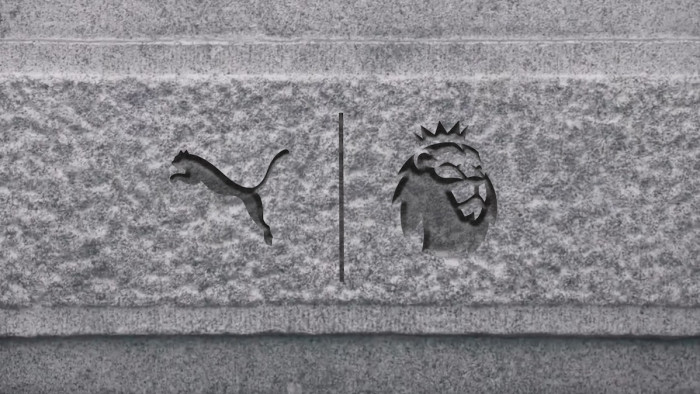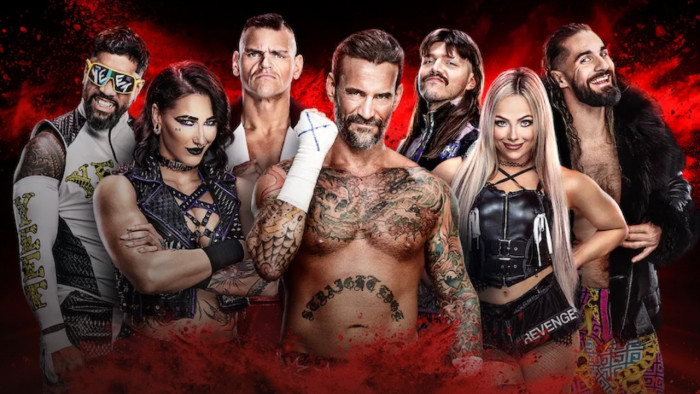Unai Emery confirmed as the new Arsenal manager - but will he succeed?
Arsene Wenger's replacement is officially here


Unai Emery, a 46-year-old Spaniard, has been named as the new manager of Arsenal.
Despite former captain, and current Manchester City assistant, Mikel Arteta being the initial bookies’ favourite, the job of following in the footsteps of Arsene Wenger will fall to the former Paris Saint Germain boss, after he emerged as the unanimous choice following the Gunners’ recruitment process.
He was such an outsider that he did not even feature in our initial list of candidates to replace Wenger, who oversaw his last game against Huddersfield earlier this month following 22 years in charge of the club; at one point Emery was 66/1 in the betting.
Chief executive Ivan Gazidis said, in a press conference: “Unai has an outstanding track record of success throughout his career, has developed some of the best young talent in Europe and plays an exciting, progressive style of football that fits Arsenal perfectly. His hard-working and passionate approach and his sense of values on and off the pitch make him the ideal person to take us forward.”
It’s certainly a relatively leftfield choice - but will it turn out to be as inspired as the appointment of Wenger, another outsider, or will it go the way of David Moyes’ ill-fated reign following Sir Alex Ferguson at Manchester United?
Read more: The joy of living through the style and beauty of the Wenger era: where football became art

Emery celebrates the second of his three Europa League titles with Sevilla
Who is Unai Emery?
Emery, born in Hondarribia in the Basque country, enjoyed a 14-year playing career as a midfielder, mainly in the second tier of Spanish football. After starting with five appearances in the primera division for Real Sociedad, the rest of his time was spent at Toledo, Racing Ferrol, Leganes and Lorca Deportiva, before he retired at the age of 32.
After suffering the knee injury which would end his playing days, he was offered the vacant position of manager at Lorca, then in the third tier, and immediately led them to promotion to the second division for the first time in their history.
An excellent second season followed, before he moved on to Almeria in division 2 where, again, he overachieved in his two years at the helm, leading them to their first-ever promotion to the top flight, followed by an eighth place finish in La Liga.
This attracted the attention of Valencia, his first high-profile job; he managed them for four years and 220 matches, until May 2012, achieving three third place finishes in four seasons.
After a short spell in charge at Spartak Moscow, he returned to Spain to take charge of Sevilla, who he managed for three and a half hugely successful years. They won three consecutive Europa Leagues and were runners-up in the Copa del Rey in 2016.
Such success in Europe then led him to be given the prime job at Paris Saint Germain in June 2016. He spent two seasons in Paris, losing just 12 games - but, while he completed a domestic cup double, followed by a treble in his second year, further European success eluded him, even with the colossal transfer resources that the club now enjoys. He was in charge during the infamous game at the Nou Camp in March 2017 when PSG, having defeated the Spanish champions 4-0 in Paris, managed to lose 6-1 to exit the tournament.
This season, despite topping their group ahead of Bayern Munich - or perhaps, because of - they went out in the second round, losing 5-2 on aggregate to Real Madrid, who had unexpectedly finished second in their group, to Spurs. Thus, he left the French giants earlier this month with a year still to run on his contract.

A dejected Emery as Barcelona score their sixth goal at the Nou Camp in their stunning comeback in 2017
Read more: Why we shouldn’t forget the hidden, human side of Arsene Wenger
Will he succeed at Arsenal?
Well, on his first hurdle, the language, he should be OK: he is not fluent, but it is not expected to be a problem for him to communicate.
He is believed to have a forensic attention to tactical detail and his successes at Valencia were built on a 4-2-3-1 system, playing counter-attacking football. At PSG, given their resources, he reverted to a possession-based game.
The unique situation at PSG means that his tenure has widely been judged a failure; yet six trophies in two years is not to be sniffed at. Moreover, while it was his failures in Europe that proved his undoing in Paris, three consecutive Europa Leagues with Sevilla was a staggering achievement. Could it be said that other factors - namely, the uncompetitive nature of the French league, and PSG’s owners’ obsession with the Champions League, and the pressure that transmitted to players - were at play in their failure to do better with their star-studded team?
On the other hand, PSG could, and should have done better, and the 6-1 Barca battering was choking of the highest order. With Arsenal desperate for a manager who can instill more backbone in their talented, but fragile squad, is Emery the right choice?
It may say more about the attitude of the Arsenal owners than the man himself: if they view themselves as the 5th or 6th best team looking to overachieve, then Emery fits the bill. If they viewed themselves as wanting to win titles and progress deep into the Champions League, then Emery - let go by a team they would then view as a rival - would not be an obvious choice.
Nonetheless, had they appointed Emery two years ago, it would have been hailed as a masterstroke - and five trophies with PSG is hardly the disaster some have made it out to be; nor is losing in the Champions League to Barcelona and Real Madrid.
(Images: Getty)
Latest
Related Reviews and Shortlists









